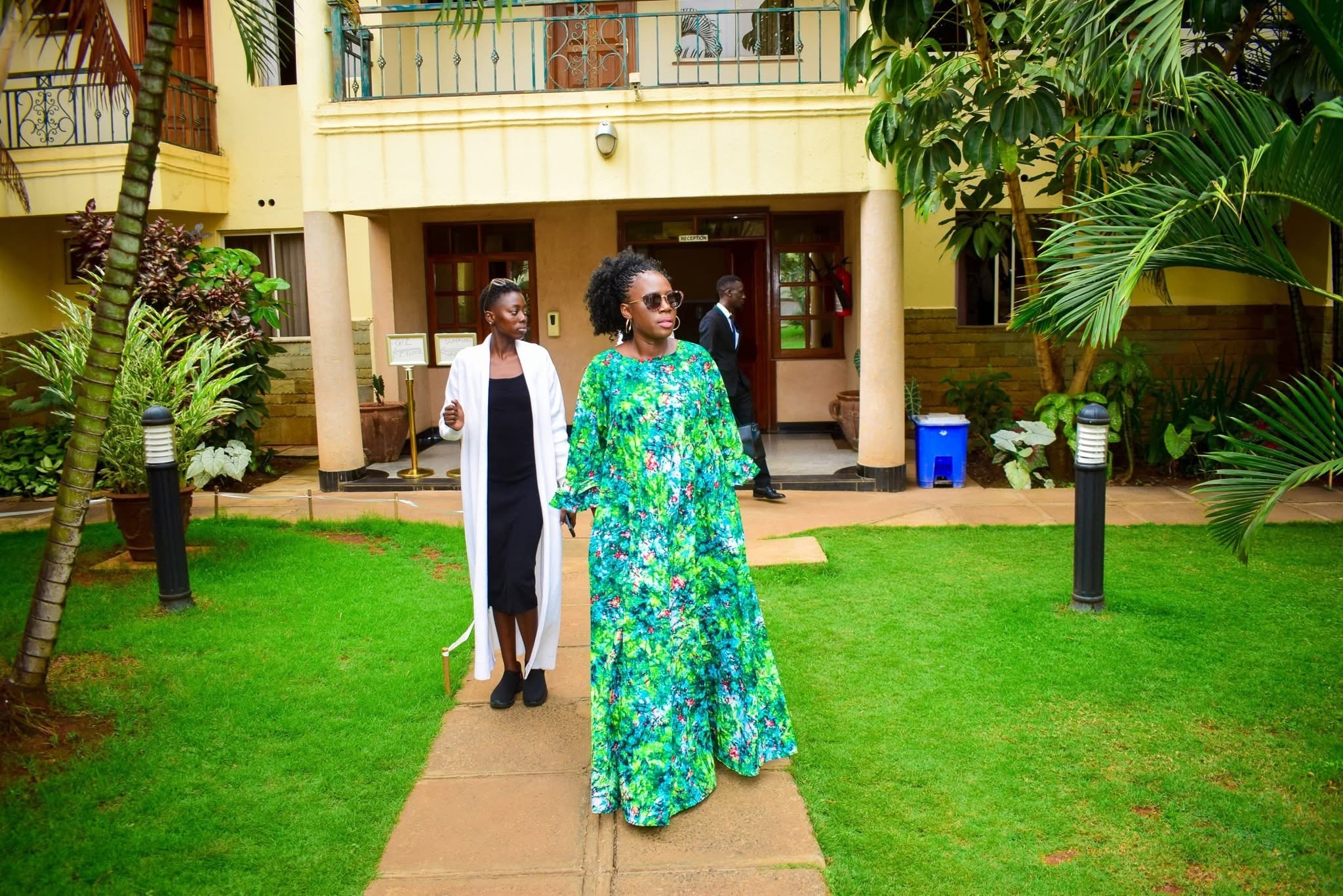A new report has proposed an additional 55 special seats to parliament to realise the two-thirds gender rule.
The report by the Multi-Sector Working Group says the new seats will cost less than a day’s KRA revenue collection.
According to the report, the 53 additional seats at the National Assembly will cost Sh2 billion per year.
The Senate, which only needs an additional two members, will cost Sh115 million per year.
If broken further down, the new seats will only cost the taxpayer an additional Sh41 per year.
“Daily government revenue collection is 5.19 billion per day in the FY/2023 and so the annual amount for an added 55 members to the National Assembly and the Senate to bring it to constitutional compliance is equivalent to less than a day's revenue collection in Kenya,” the report says.
The co-chair of the group, Daisy Amdany, said political parties hold the keys to achieving two-thirds gender rule.
She spoke during a breakfast meeting with Editors and the African Women and Child Feature Service.
“Two-thirds is not just about women. It is about men as well and when we shall get to the point where there are more women, then we shall do the same to the men,” Amdany said.
“We need to stop making the realisation of the two-thirds gender rule a moving target. Kenya is the only country in East Africa that has not realised this. Uganda, Tanzania and Rwanda have all achieved this.”
Another proposal in the report is to have the Political Parties Act amended to ensure parties’ candidates’ lists have met the two-thirds gender threshold.
“This should be done before they get to the nominations. How parties will achieve this, is up to them but the list presented to the IEBC must ensure this is achieved,” Amdany said.
Last year, Members of the National Assembly promised to develop a bi-partisan approach to realising the implementation of the two-thirds gender rule for elective positions which has continued to stall in Parliament.
The promulgation of the Constitution of Kenya, 2010 cast a new dawn towards the fight towards the actualisation of the two-thirds gender rule.
The provisions of Article 97 and 98 form an integral part of the legal framework of the two-thirds gender rule as they advocate for that proportional representation in Parliament.
Article 90 echoes these stipulations and indicates the role that political parties and the Independent Electoral and Boundaries Commission have in achieving the agenda.












